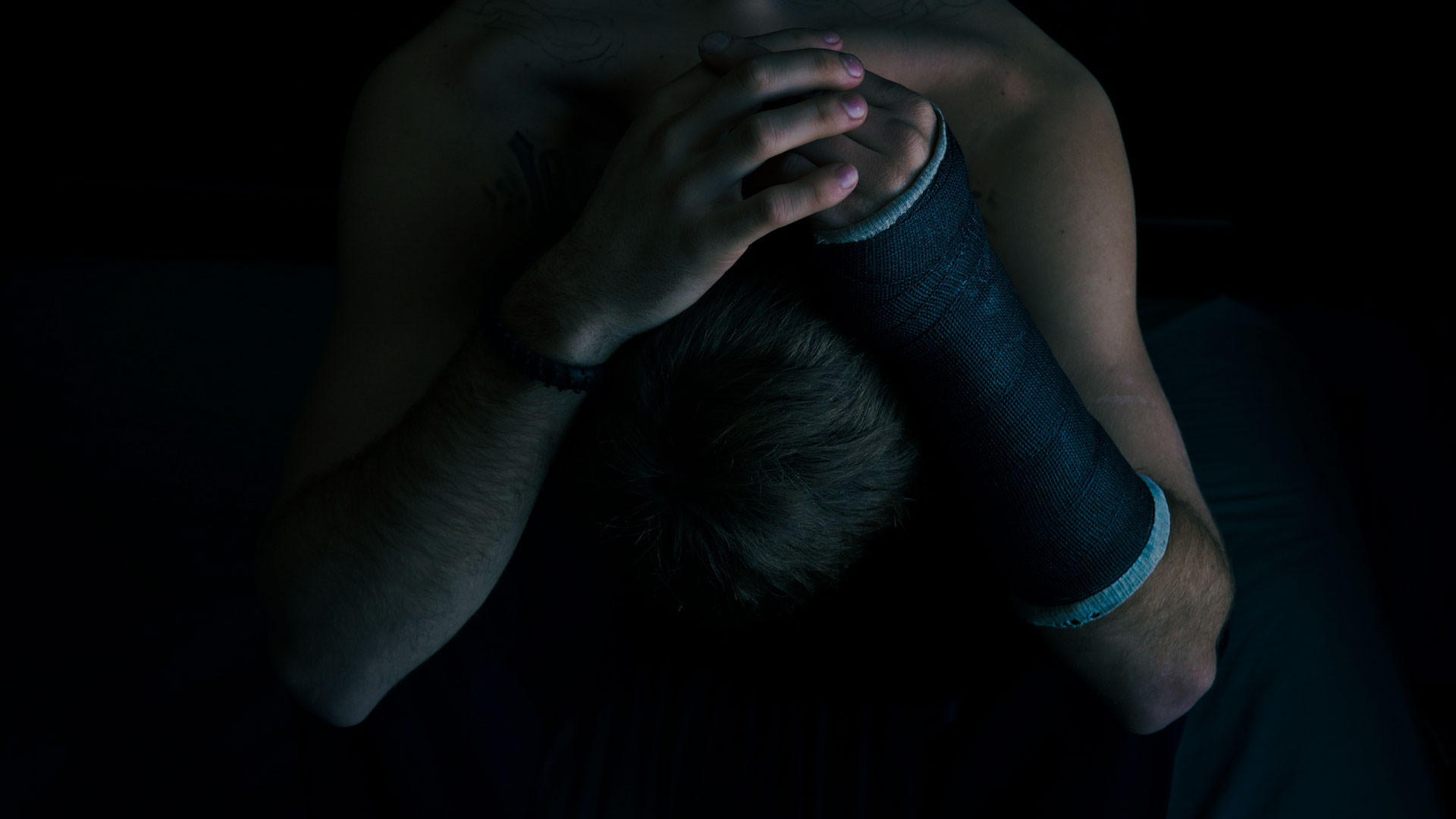07 Mar How Long Does Heroin Withdrawal Last
Table of Content
Heroin has a long history of being one of the most popular and addictive drugs available in the U.S. It’s been reported that of the people who have tried heroin, 23 percent have become addicted to it. Millions of people reportedly use heroin every year and even more are affected by its dangers. After all, it’s not only the user that suffers when ingesting heroin; it’s family members, friends, coworkers, and acquaintances. Drug dependence consumes a person’s physical, mental, and psychological health and can be difficult to overcome.
Due to its extremely addictive effects, the choice to stop using is a tough one that many addicts face every day. Although the majority of addicts reach a level where they realize they’ve had enough, quitting heroin use can seem scarier than the act of using it. The pain of withdrawal symptoms and temptation are what trigger the uncertainty to quit, but with the right support and willingness to get better, recovery is well within reach.
How long does a heroin withdrawal last? The rate at which heroin withdrawal lasts depends on the person trying to quit. Over time, people build up a tolerance to the drug, which affects how their body functions with it in their system. This adaptability allows for “normal” functioning even when using a drug as harmful as heroin. When heroin leaves the system, there is a period of readjustment while the body adapts again to the “new norm.” The withdrawal symptoms that occur can range from being physically painful to mentally distressing.
So, how long do heroin withdrawals last in total? This intense withdrawal period can last up to five or seven days, at which time the worst part subsides, but certain symptoms such as shakes, insomnia, and depression can remain. These days are crucial to the success of a person’s recovery.
Heroin Withdrawal Symptoms
Heroin withdrawal symptoms may start within hours of the last usage. The drug will move through the system and the withdrawal period will kick in because the body will want to be replenished. In other words, the user will need another “fix.” It’s common during detox for the worst symptoms to occur within the first one or two days. This is when stronger urges, feelings of dependency, and physical symptoms take place.
Not every situation is the same and people may handle the heroin withdrawal experience better than others. Heroin withdrawal symptoms have been compared to those that accompany the flu; intense, but bearable. However, in certain instances, anticipation of withdrawal can be too much for a person to endure, especially if they don’t have strong support to assist them through to sobriety. Heroin withdrawal symptoms may include:
- Cold sweats
- Diarrhea
- Anxiety, depression, insomnia
- Loss of appetite
- Unstable moods
- Muscle cramping
- Nausea and vomiting
- Seizures
In order to compensate for the pain, an individual may overdose on heroin or another drug to feel better, when in reality, their body can’t handle it. The symptoms, no matter how painful, are not life-threatening.
Implementing Distractions During Detox
Detox is a big deal. It requires a healthy focus and the right frame of mind to want to get better. When the choice to become sober is clouded by negative distractions, it can create a long road to recovery. Positive activities can help keep these distractions at bay. These may include:
- Spending time with safe influences, those they are not drug users;
- Reading a book;
- Exercise of any kind; or
- Enrolling in a new class.
The point of the distraction is to keep the user’s mind off of drugs and build healthy alternatives. It’s not uncommon for addicts to face relapse during heroin withdrawal due to these circumstances, especially if trying to detox alone. Yes, symptoms will be the same no matter if going through withdrawal at home or within a facility, but the medical and therapeutical resources a rehab center provides can help lead to a better chance for long-term sobriety.
In situations such as these, asking for help makes the person stronger. Addicts often benefit from group meetings and therapy sessions during and after detox, in order to discuss their challenges with people who are in similar situations or have been down the road before.
A person who decides to quit heroin needs to have a determined attitude and commitment to do so. Rather than focusing on the withdrawal symptoms or cravings, individuals going through detox have to change their mindset in order for their recovery to be successful. Even if someone has experienced relapses before, they should look at each opportunity as a fresh start to a better way of living.
Treatment Options for Heroin Withdrawal
Rehab treatment is one detox option that allows individuals to receive in-patient care within a specific amount of time. Addicts are monitored on a daily basis and guided to sobriety. Medical staff members are trained to deal with roadblocks and setbacks to help prevent relapse.
Rehab increases a person’s chance to reach their sobriety goals. They will be in a safe, comfortable, and secure environment with access to professionals and resources specifically focused on helping others through drug rehabilitation.
It’s important that each person sets realistic expectations when deciding to quit heroin. The symptoms may last only a week or so, but the recovery period is ongoing. Like with any other life decision, it requires constancy until it naturally becomes part of day-to-day life.
In other cases, medication may be the prescribed option to help addicts during their withdrawal period. As mentioned before, the body needs a chance to adapt and recognize a new state of balance. If the norm has involved heroin use on a regular basis, then the body will take time to adjust when heroin is not in the system anymore. Certain medications can help make these withdrawal symptoms more manageable throughout the detox period.
Seeking Help for Heroin Withdrawal
Detox is a shock to the system and heroin withdrawal can be difficult, but it’s definitely achievable. Not everyone will be eligible for the same path of recovery. Many treatment plans are similar, but can be altered depending on the individual’s needs.
At Georgia Detox, the goal is to help people through this difficult time and provide the kind of support that will lead them to a lifetime of sobriety. It lends a way to help treat addiction head-on, but also pave the path to secure a healthy future even after the person is no longer a patient.
Sources:
“Heroin Withdrawal and Detox.” Addiction Center. 14 Mar. 2019. https://www.addictioncenter.com/drugs/heroin/withdrawal-detox/
Hartney, Elizabeth. “Coping With Heroin Withdrawal Symptoms.” Verywell Mind. 1 Feb. 2019. 14 Mar. 2019. https://www.verywellmind.com/what-to-expect-from-heroin-withdrawal-22049
O’Keefe Osborn, Corinne. “Heroin Withdrawal Symptoms, Timeline, and Effects.” Withdrawal.net. https://www.withdrawal.net/learn/heroin/






No Comments